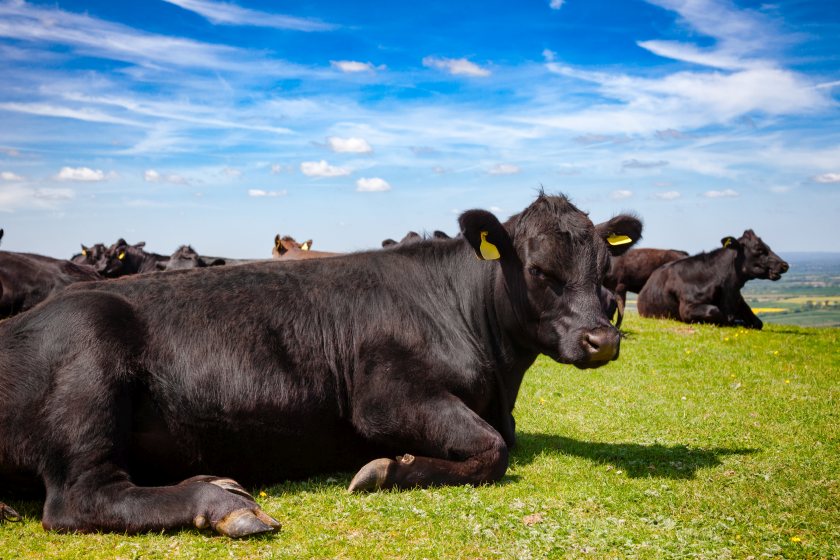
British farmers have hit back at the 2025 EAT-Lancet Commission report, insisting that sweeping calls to slash red meat consumption ignore the UK’s world-leading standards and risk damaging public health.
Launched in Stockholm on 3 October, the updated report builds on its 2019 predecessor with fresh modelling and policy proposals for a “healthy, sustainable and just food system.”
It argues that a global shift towards a plant-rich diet could prevent up to 15 million premature deaths annually and cut food-system greenhouse gas emissions by more than 50%.
The Commission warns that today’s food production already breaches several planetary boundaries, including biodiversity loss, land use and water systems.
Its so-called “planetary health diet” emphasises more fruit, vegetables, legumes and cereals, alongside less processed food and significantly reduced red meat.
The plan also sets out eight key actions, from tackling food waste to protecting ecosystems and ensuring fair work in global food supply chains.
NFU President Tom Bradshaw said British farmers are already global leaders in sustainable production. He argued that UK beef emits about half the global average, dairy performs even better, and agriculture accounts for just 11% of the country’s greenhouse gases.
“Our cattle are fed predominantly grass-based diets, and we carefully manage our grasslands to store huge amounts of carbon,” he said.
Bradshaw added that healthy eating should be about choice and balance, with homegrown foods at the centre. But he warned that farmers face mounting pressures from climate extremes, geopolitical instability and policy uncertainty.
He called for government to back farming with coherent, cross-departmental policies that support resilience and productivity.
Quality Meat Scotland (QMS) said the Commission’s approach risks undermining diets. Chair Kate Rowell argued: “Blanket messaging to cut back red meat is not appropriate and risks worsening our already poor diet by limiting vital nutrient intake.”
She highlighted that the report’s theoretical diet reduces red meat to just 14g a day — a fifth of the current NHS guideline — and has never been tested in clinical trials.
Red meat, she stressed, provides essential nutrients such as iron, zinc, B vitamins and vitamin D, with low intake already common among women and girls in Scotland.
While the Commission urges a profound shift towards plant-rich diets, UK farming bodies insist their existing systems already deliver climate-friendly food and vital nutrients.
The NFU has urged ministers to strengthen support for farmers, while QMS is preparing a fuller response to the 76-page report.
